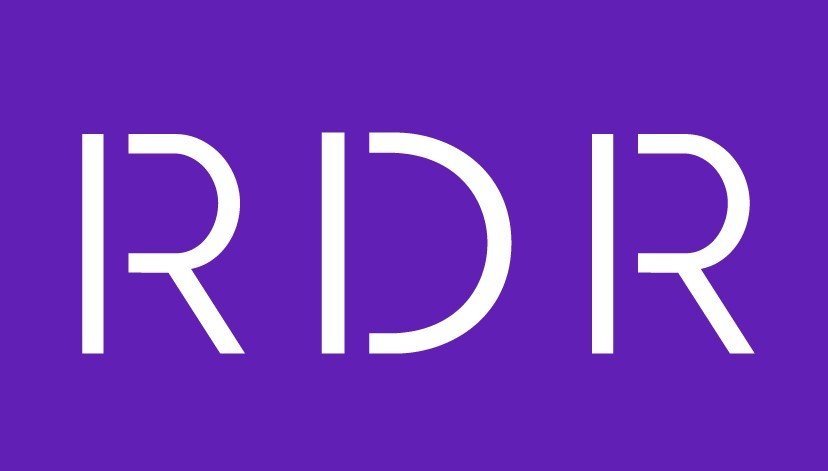Dravet Syndrome (Myoclonic Epilepsy)
Dravet syndrome is a severe form of epilepsy that begins in infancy and is characterized by frequent, prolonged seizures and developmental delays. Individuals with Dravet syndrome may experience lifelong seizures and developmental challenges, but with proper care, some can live into adulthood. Early intervention is crucial for improving quality of life.
Cause: Caused by mutations in the SCN1A gene, which affects sodium channels in the brain. It is usually inherited in an autosomal dominant pattern, though many cases are due to new mutations.
Features: Frequent seizures starting in the first year of life, often triggered by fever, and developmental delays that may lead to intellectual disability. Behavioral issues, movement problems, and autistic traits are also common.
Diagnosis: Confirmed through genetic testing for mutations in the SCN1A gene.
Treatment: No cure; management focuses on controlling seizures with medications (e.g., anti-epileptic drugs, ketogenic diet) and therapies to support development and behavior.
Active Trials
-
TITLE:
SPONSOR:
INDICATION:
PROTOCOL:
PHASE:
DESCRIPTION:
STATUS:
RECRUITING PATIENTS:
RDR LOCATION:
Past Trials
-
TITLE: A Study of Lorcaserin as Adjunctive Treatment in Participants With Dravet Syndrome.
SPONSOR: EISAI Inc.
INDICATION: Dravet Syndrome (Myoclonic Epilepsy)
PROTOCOL: E2023-A001-304
PHASE: 3
DESCRIPTION: The primary purpose of the study is to demonstrate that lorcaserin has superior efficacy compared to placebo on percent change in frequency of convulsive seizures per 28 days in participants with Dravet syndrome.
STATUS: Past
ENROLLING PATIENTS: No
RDR LOCATION: Georgia
-
TITLE: Extended Access Program With Lorcaserin For The Treatment of Dravet Syndrome and Other Refractory Epilepsies
SPONSOR: EISAI Inc.
INDICATION: Dravet Syndrome (Myoclonic Epilepsy), Drug Resistant Epilepsy
PROTOCOL: E2023-A001-405
PHASE: 4, Expanded Access
DESCRIPTION: The primary purpose of this study is to provide continued access of lorcaserin to participants with Dravet syndrome and other refractory epilepsies.
STATUS: Past
ENROLLING PATIENTS: No
RDR LOCATION: Georgia
-
TITLE: A Phase 2, Multicenter, Randomized, Double-blind, Placebo-controlled Study to Evaluate the Efficacy, Safety, and Tolerability of TAK-935 (OV935) as an Adjunctive Therapy in Pediatric Participants With Developmental and/or Epileptic Encephalopathies (ELEKTRA)
SPONSOR: Ovid Therapeutics, Inc.
INDICATION: Dravet Syndrome (Myoclonic Epilepsy), Epilepsy, Lennox-Gastaut Syndrome
PROTOCOL: TAK 935-2002
PHASE: 2 DB
DESCRIPTION: The purpose of this study is to investigate the effect on the frequency of all seizures (convulsive and drop) in participants treated with TAK-935 compared to placebo.
STATUS: Completed
ENROLLING PATIENTS: No
RDR LOCATION: Georgia
-
TITLE: Assessment of Potential for Chronic Liver Injury in Participants Treated With Epidiolex (Cannabidiol) Oral Solution
SPONSOR: Jazz Pharmaceuticals
INDICATION: Lennox Gastaut Syndrome, Dravet Syndrome (Myoclonic Epilepsy), Tuberous Sclerosis Complex
PROTOCOL: Illuminate GWEP19022
PHASE: 4
DESCRIPTION: This study will monitor for potential chronic liver injury and liver fibrosis, in participants treated with cannabidiol oral solution.
STATUS: Past
RECRUITING PATIENTS: No
RDR LOCATION: Georgia

